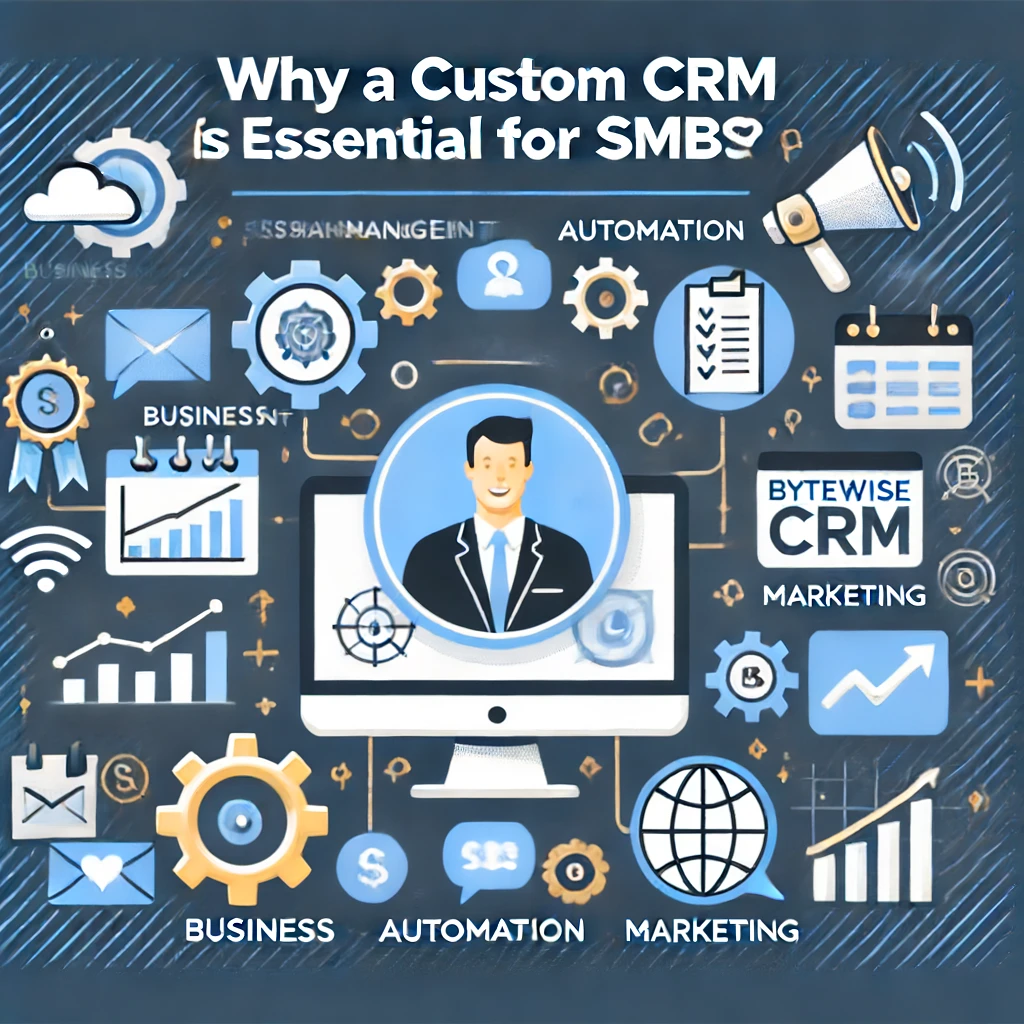Improving data hygiene is crucial for small businesses and IT teams to ensure the reliability, accuracy, and security of their data. Data hygiene refers to the processes involved in cleaning and maintaining data so that it is accurate, up-to-date, and useful for business operations. In today’s digital-first world, data is often referred to as the new oil, underpinning everything from daily decisions to long-term strategic planning. Therefore, the most important thing for a small business or IT team to improve data hygiene is implementing a comprehensive data management strategy that includes regular data cleaning, proper data handling and storage practices, and ongoing data quality assessments.
Establishing a Comprehensive Data Management Strategy
A comprehensive data management strategy is foundational to improving data hygiene. This strategy should cover all aspects of data handling, from collection and storage to analysis and deletion. According to IBM’s estimates, the cost of poor data quality in the US alone can reach up to $3.1 trillion yearly, highlighting the critical need for robust data management practices (IBM, 2016).
Regular Data Cleaning
Regular data cleaning is an essential part of maintaining data hygiene. It involves identifying and correcting inaccuracies, removing duplicates, and updating outdated information. This ensures that the data used for decision-making is accurate and reliable. The Harvard Business Review underscores the significance of clean data, stating that organizations relying on clean data can make more informed decisions, leading to improved operational efficiency and competitive advantages (Harvard Business Review, 2017).
Proper Data Handling and Storage
Proper data handling and storage practices are paramount to data security and privacy. Small businesses and IT teams must ensure that data is handled securely throughout its lifecycle, from collection to deletion. Implementing data encryption, access controls, and secure backup solutions can help protect sensitive information from unauthorized access and potential data breaches. The General Data Protection Regulation (GDPR) emphasizes the importance of data protection, mandating that organizations implement appropriate technical and organizational measures to ensure data security (GDPR, 2018).
Ongoing Data Quality Assessments
Ongoing data quality assessments are critical for identifying and addressing issues in data quality proactively. These assessments should evaluate the accuracy, completeness, consistency, and relevance of the data. By regularly assessing data quality, businesses can identify areas for improvement and implement corrective actions promptly. The Data Management Association International (DAMA) suggests that regular data quality assessments are crucial for maintaining high data quality standards and supporting effective data governance (DAMA International, 2017).
Real-World Example
A real-world example of the importance of data hygiene can be seen in the case of a small e-commerce company that implemented a data management strategy focusing on regular data cleaning, secure data handling, and ongoing quality assessments. By doing so, the company was able to reduce order processing errors by 25%, improve customer satisfaction, and increase repeat business by 15% within a year (E-commerce Times, 2019).
Conclusion
In conclusion, the most important thing for a small business or IT team to improve data hygiene is to establish and adhere to a comprehensive data management strategy. This strategy should include regular data cleaning, proper data handling and storage practices, and ongoing data quality assessments. By prioritizing data hygiene, businesses can ensure the integrity of their data, make informed decisions, and ultimately achieve their strategic goals.
Citations:
- IBM. (2016). “The Cost of Data Breach Study: Global Analysis.”
- Harvard Business Review. (2017). “Why Data Cleaning Is a Key Part of Data Science.”
- General Data Protection Regulation (GDPR). (2018). “Regulation (EU) 2016/679 of the European Parliament and of the Council.”
- Data Management Association International (DAMA). (2017). “Data Management Body of Knowledge (DMBOK).”
- E-commerce Times. (2019). “How Clean Data Can Increase Your E-commerce Conversion Rate.”









